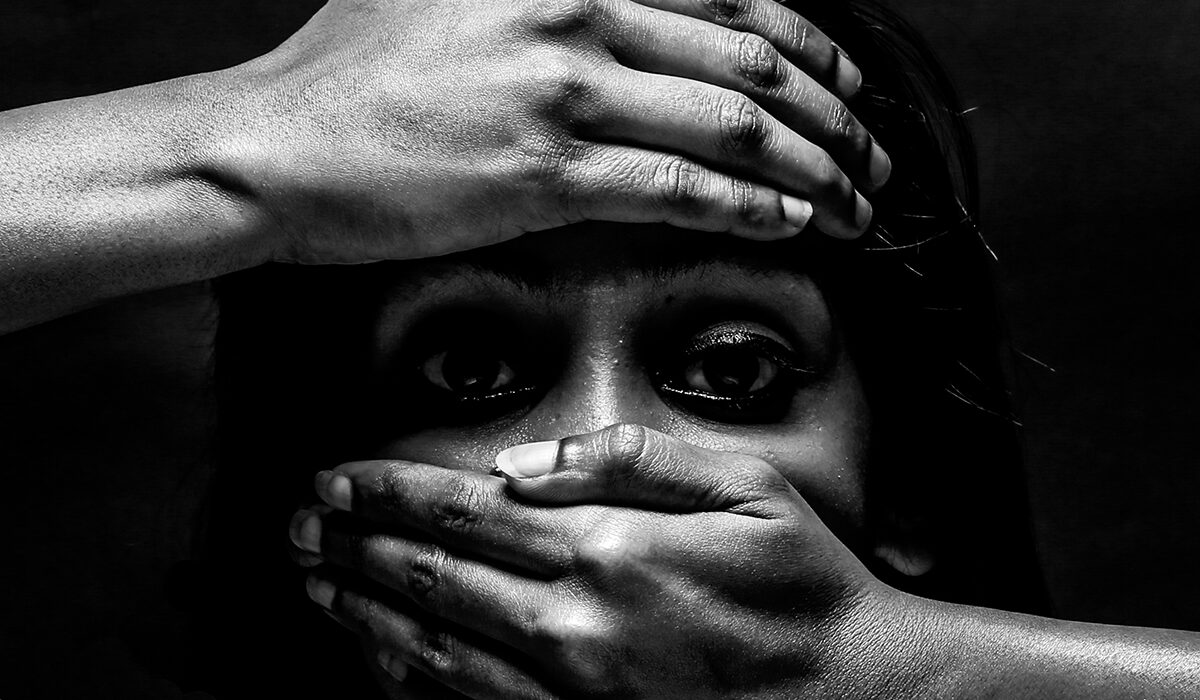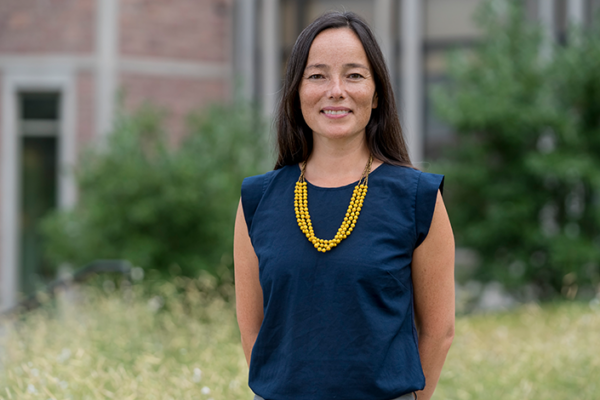Amid growing concern over U.S. public health funding cuts, experts at Washington University in St. Louis warn that pulling support from key data systems could erase decades of progress in protecting women and children from violence.

In a letter published June 7 in The Lancet, first author Lindsay Stark, a professor at the WashU School of Public Health, and other scholars argued that recent U.S. funding decisions are putting the world’s most vital violence prevention tools at risk. These include the Violence Against Children and Youth Surveys (VACS) and the Demographic and Health Surveys (DHS) — rigorous, population-based data systems that inform global strategies to end violence, monitor progress and direct resources where they are needed most.
The authors wrote that nearly one in three women globally — approximately 736 million — has been a victim of physical or sexual violence from an intimate partner, non-partner, or both at least once in their lifetime. Estimates suggest 1 billion children — over half the world’s children — experience some form of violence or neglect each year. “These staggering figures are only visible because of decades of investment in careful, ethical, on-the-ground data collection,” Stark said.
Unlike police investigations, which rely on victims to report crimes, VACS and DHS are pro-active, confidential surveys that reach deep into communities to uncover abuse that otherwise would remain invisible. Conducted in low- and middle-income countries, the surveys involve trained interviewers who privately speak with randomly selected women, adolescents and children.

The interviewers ask sensitive questions with discretion, fostering trust while protecting participants’ identities. “The data not only protects survivors — it gives communities the knowledge to stop violence before it starts,” said Ilana Seff, a research associate professor at WashU’s School of Public Health.
The surveys inform violence prevention programs across dozens of countries, helping policymakers understand key risk factors, such as alcohol use, childhood trauma and economic insecurity. The authors note that the evidence-based programs have led to significant reductions in violence in just months or years — rather than generations.
Given this proven impact, the authors expressed alarm over recent U.S. actions that threaten the system. The Centers for Disease Control and Prevention, which has long provided technical support for VACS, is facing deep funding cuts. The U.S. Agency for International Development, which has funded DHS since its inception, has been dismantled. The authors also cite the U.S. withdrawal from, and defunding of, the World Health Organization, which plays a central role in efforts to collect and interpret violence data.
The letter — co-authored by Chen Reis, at the University of Denver, Ruti Levtov, of the Prevention Collaborative in Washington, D.C., and Julianne Deitch, of the Women’s Refugee Commission in New York — calls on the U.S. and other governments to reinvest in violence prevention efforts.
“Sustained support is crucial to upholding the fundamental human right to live free from all forms of violence. Anything less is a failure of science and justice,” it concluded.



